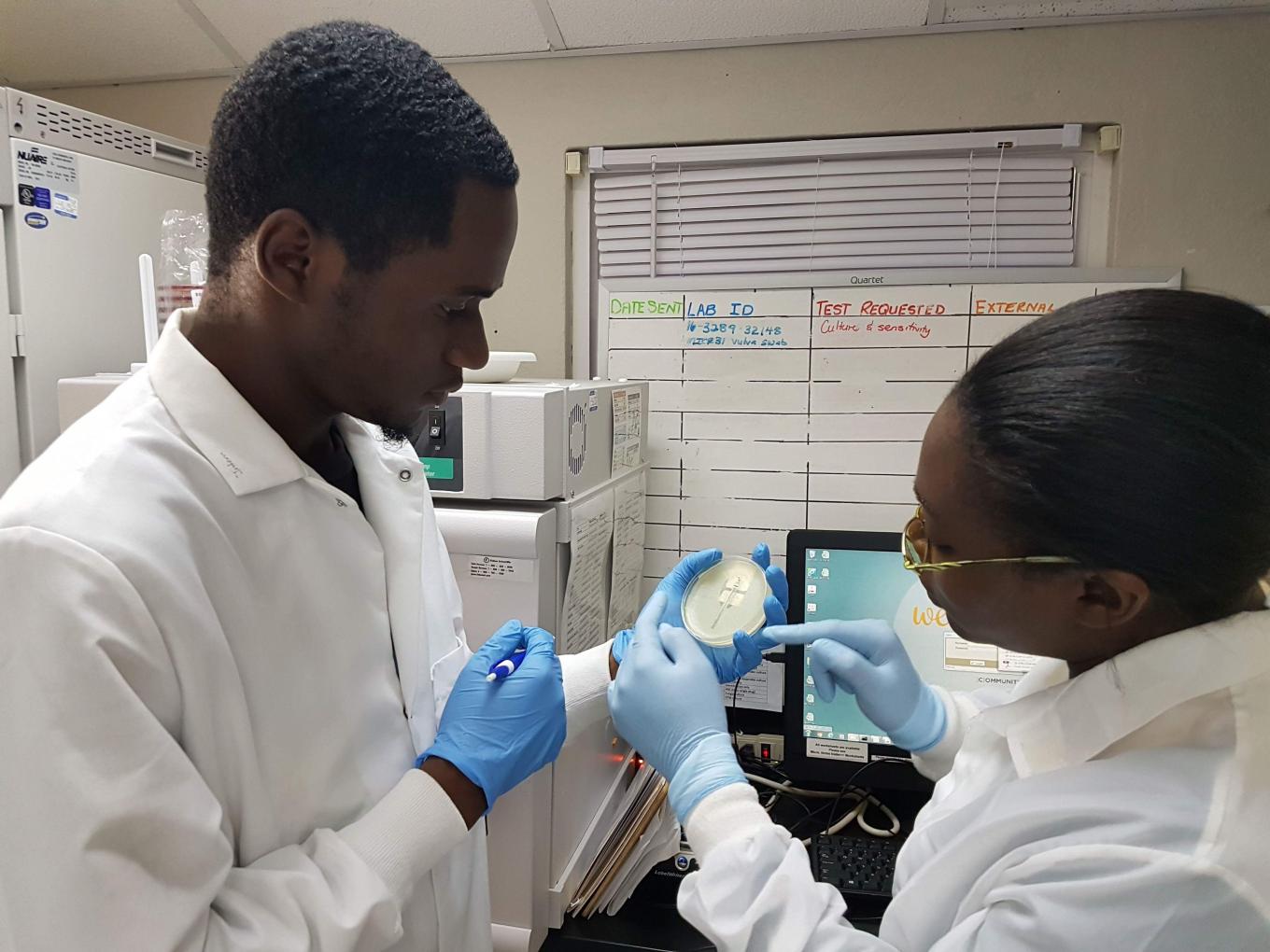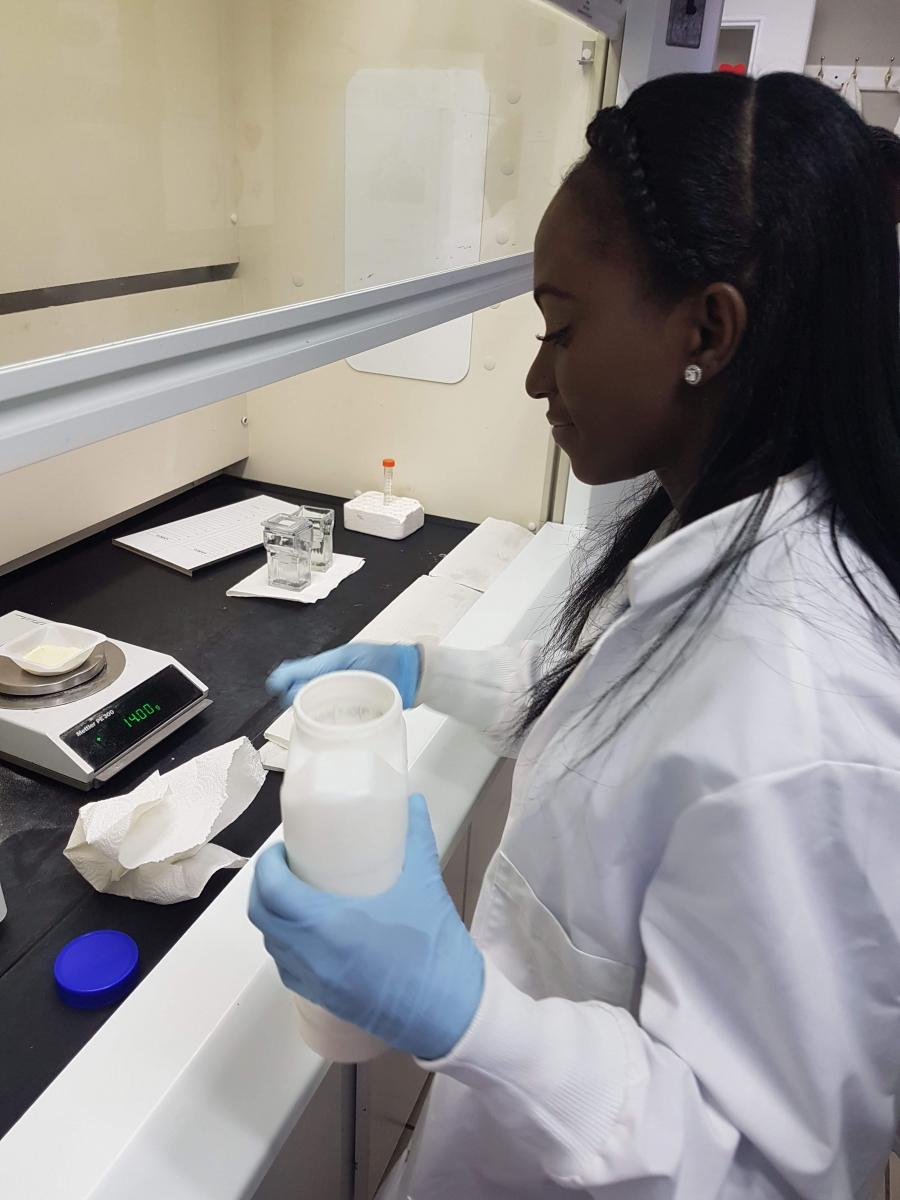Entities seek to explore ways for integrating the work of the University into the wider local communities and to stimulate economic change in livestock production.

The Inter-American Institute for Cooperation on Agriculture (IICA) is very optimistic about the potential benefits that could be mutually derived as a result of a meeting organized by IICA between the Ross University School of Veterinary Medicine in St. Kitts and the Ministry of Agriculture in Nevis.
The main objective of this meeting was to explore ways and means of further integrating the work of the University into the wider local communities and to stimulate economic change in livestock production.
Ross University School of Veterinary Medicine was founded in 1982 on St. Kitts and offers a Doctor of Veterinary Medicine Degree as well as MSc and PhD Programs Degrees in Public Health, Global Animal Health, Conservation Medicine and other research areas.
The team that represented the University at the meeting was led by Professor A. Lee Willingham, BSc, DVM, PhD, Associate Dean of Research and Post Graduate Studies, Professor of One Health and Tropical Veterinary Medicine. It also comprised 14 other faculty members. The team from the Ministry of Agriculture was led by the Honorable Alexis Jeffers who was assisted by his Permanent Secretary, Mr. Huey Sargeant. Mr. Augustine Merchant, IICA Coordinator from St. Kitts and Nevis participated in the meeting.
The Meeting was conceived following the successful completion by two staff members from the local Departments of Agriculture of 6 months of laboratory diagnostic training at the University. The training was organized by IICA under the European Union funded, “Sanitary and Phytosanitary (SPS)” Project and involved courses in chemical pathology, neuro-biology, parasitology and other specialized services. Consequently, the Ministry’s competency and capability in laboratory diagnostic procedures, surveillance animal health and food safety have been strengthened.

Dr. Willingham welcomed the participants to the meeting and provided an overview of the University’s Research Program. Subsequently, a discussion ensued on some of the community engagements in Nevis in which the University could become involved and related to livestock, pets and wildlife on the island. Of particular note and concern for the delegates from Nevis was the serious damage caused by monkeys to agricultural crops. They were informed that the University has been conducting work on population studies and sterilization, and that it was expected that those studies would ultimately contribute to solving this problem on the island. There was also discussion on the feral cat and dog population as well as the contribution the university could make to livestock development.
Minister Jeffers expressed his appreciation for the opportunity to hold discussions with the University, and expressed his great anticipation for a follow-up visit. The meeting ended on a positive note and it was agreed that Ross University would pay a follow-up visit to Nevis, where the ideas and suggestions discussed would be translated into a working document. The visit ended with a tour of the campus facilities.
More information:
Augustine Merchant, National Specialist at the IICA Delegation in St. Kitts and Nevis











